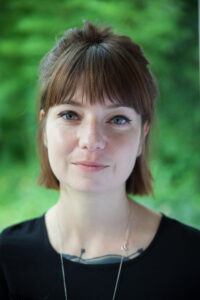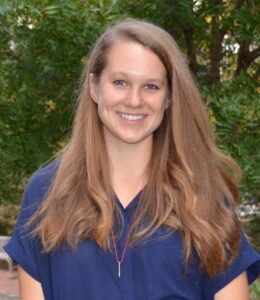2019 Seed Grant Awardees Abstracts
Lara Lookabough
Department of Geography
Through an arts-based collaboration with the Toj Coman Guatemala women’s collective, my project explores how the everyday

political and artistic practices of indigenous women resist legacies of colonial violence and create space to envision and enact alternative futures. The women’s collective in Toj Coman formed in 2005, drawing on decades of shared concerns about access to resources, opportunities, and representation for women in the Mam Maya village. In the context of ongoing peace and reconciliation after Guatemala’s civil war, gang and narco violence, extractive industry, and high rates of out-migration, the women’s collective in Toj
Coman has undertaken water management, textile arts, organic farming, and presentations to tourists in their struggle for political and economic space for Mayan women. They cite their current struggle back to a patriarchal gender hierarchy imposed when the Spanish invaded in the 16th century. They emphasize their commitment to the community through histories that stretch centuries, decades, and days and relationships that may be intimate or span continents. Women in Toj Coman employ these networks and historical narratives to prefigure and create alternative futures. My project asks: what are the futures they desire and how do they weave together their work, their place-based histories, and these networks to create them? By engaging with decolonial feminisms, settler colonial studies, and feminist and indigenous geographies, I combine the knowledge and histories that inform the work of the women’s collective, the theory produced by Mayan scholars and activists, and geographical scholarship about colonial entanglements across space and time. I employ methods drawn from participatory and activist research, Geohumanities, and Performance Studies through an arts-based praxis, which involves combining visual arts-based methodologies, like photography and exhibit curation, with more traditional qualitative research methods.
Katherine H. LeMasters
Maternal & Child Health
The overall aim of this proposed partnership and project is to understand and strengthen the perinatal health and well-being of mothers in Robeson County, North Carolina. This project builds on a Community Engagement Fellowship and Graduate Certificate in Participatory Research Seed Grant received in 2018 in which we spent time building relationships in Robeson County with community members and forming our community advisory board (CAB). This project has three aims: 1) continue developing a partnership with the community through continued work with and expansion of our CAB, 2) expand formative research with community members to better understand strengths and challenges related to perinatal health and well-being in the community, and 3) hold a community forum to share our formative findings and hear the community’s views on how to proceed.